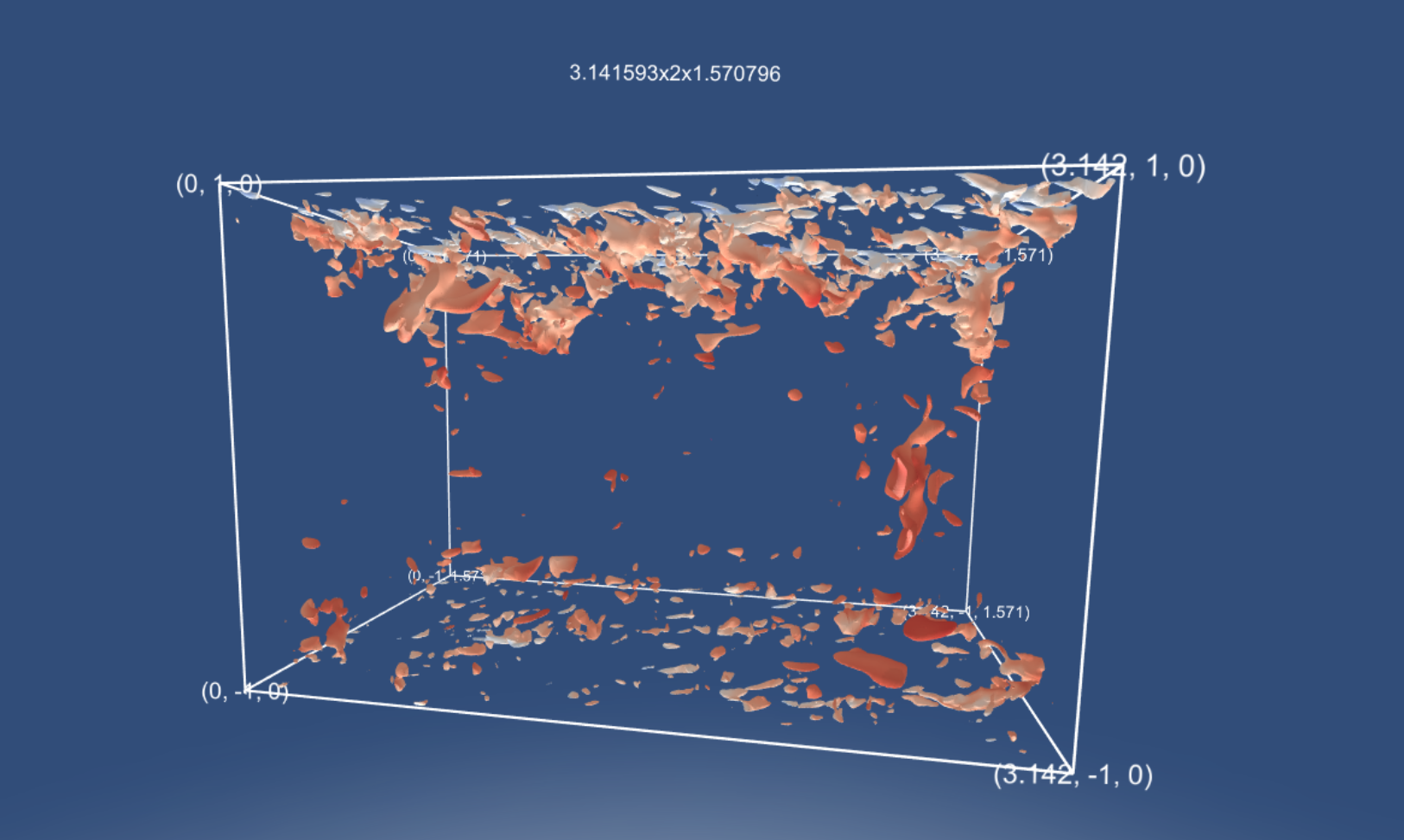Satriadi, K. A., Stephens, K., Atkinson, C., Cordeil, M., & Czauderna, T. (2017, November). Immersive isosurface visualisation for engineering datasets. In 2017 International Symposium on Big Data Visual Analytics (BDVA) (pp. 1-8). IEEE. doi:10.1109/BDVA.2017.8114624
Immersive Isosurface Visualisation for Engineering Datasets
Kadek Ananta Satriadi, Kingsley Stephens, Callum Atkinson, Maxime Cordeil, Tobias Czauderna
International Symposium on Big Data Visual Analytics (BDVA). Australia. 2017.

The visualisation of isosurfaces is an important step towards the understanding of many physical phenomena. Physical simulations produce large amounts of quantitative numerical information which need to be interpreted by domain experts. Traditionally, researchers use standard tools to create isosurface visualisations from fluid simulations and extract knowledge. With the recent evolution of display technology, it is now possible to create immersive visualisations of such data. Benefits include a higher bandwidth of communication between the data and the user, e. g., by using stereoscopic display technology and head tracking. Since the data is intrinsically 3D spatial, the use of the immersive environment supports natural visualisation, exploration, and analysis of isosurfaces. In this paper, we present the study and the design of a method and workflow to display isosurfaces in heterogeneous immersive environments. In particular, we address the problem of scale and structure inherent to this type of data. We provide a set of tools to process large volume datasets to eventually display it in 3D immersive environments. We demonstrate the workflow of tools with a usage scenario that involves a dataset from direct numerical simulation of a wall-bounded turbulent flow.
DOI: https://doi.org/10.1109/BDVA.2017.8114624
Preprint: download
Slides: download
Tags: bdva,engineering,isosurface,scalar field
Related Publications
No related publications found.